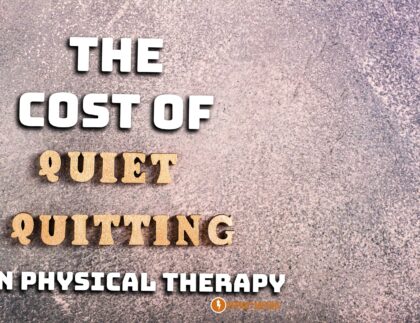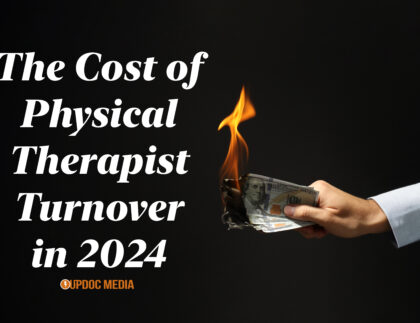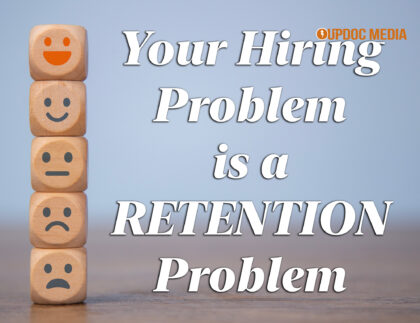
Personally, I’ve seen that happen in my own career path. Each time I quit a job, I experienced a 10-20% pay increase. So… what’s the deal?! Are we all supposed to start a mass exit? Well, before we get that far, it is probably most beneficial to take a look around and see if changing your job is truly worth it.
As such, here are five tips surrounding the job change situation.
5 Tips When Changing Jobs
Before you even begin making plans, start bringing your allies close and your enemies closer. This is a good way of making sure you can strengthen prospective references as well as making sure no negative sways will occur when your potential employer calls in for a reference check. This is also a great way to strengthen open doors and patch bridges which may be slightly burnt. You never know when you might have to double back, and, quite honestly… it’s a small world out there. You’re going to want to play nice.
Many times, job changes occur because of burnout from professional frustration, lack of upward mobility, or poor work-life-balance. In any and all cases, burnout needs tending to. Take a small sabbatical. Fit in a vacation and some family time. Take it slow. Recharge and rediscover your passions. You may find that the burnout is occurring because you are in the wrong sector of the wrong industry. You just might find a new purpose — a whole new direction for your life. And, you know what? That’s exciting!
Tending to your nest egg on a regular basis is a good way to ensure your investments are strategically balanced. Portfolios a few years ago may be a little antiquated by now. If you’ve been with a company for some time and they’ve been giving your defined benefits along with your contributions, it could be a good time to convert the pre/post-tax status (ie. from 401k into a Roth IRA) or even to be a little more surgical about your portfolio. You may even want to meet with a certified financial planner.
It can be difficult brainstorming about your career path once you’ve been in it for a while. The world you’ve gotten to know may be just so a box within many boxes. For most career paths, your skills and experiences can easily transfer to another area of expertise. When changing jobs, it’s a good idea to see if you qualify for a dramatic change — from box to box. Teachers can look into consultative positions, clinicians can look into corporate opportunities, technicians can look into research, etc. The opportunities are quite expansive if your willing to be flexible with your job search. After all, all it takes is one good match.
When it is time to start talking about starting your new job, aim to start toward the end of any given month. Many companies now have policies in place where employee benefits do not begin until the new hire has worked 1 or 2 full calendar months. This means that even if you worked on the first Monday of a month, your benefits won’t kick in until 7 weeks later at the beginning of the month after.,, which sucks! So, aim to start your new job around the last week of any given month so that your benefits start in 4-5 weeks rather than 7-8 weeks later.














